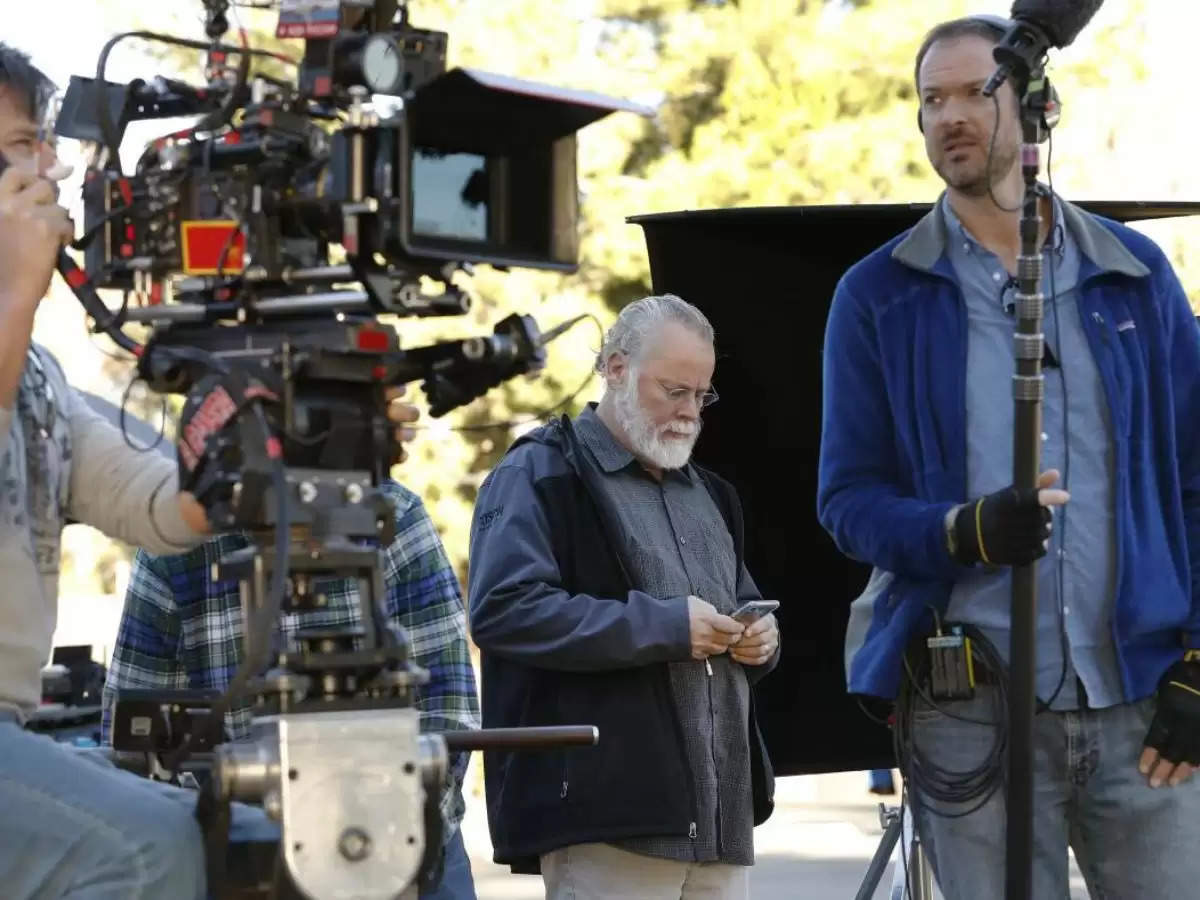Hollywood filmmakers are having a hard time making a living

A1 Digital India News: Corporate consolidation and technology have eliminated many jobs in recent decades. But some of the Hollywood producer's findings are more surprising.
Cathy Schulman is part of a group of more than 100 producers seeking more favorable financial terms through discussions with Hollywood studios. In his three decades as a studio executive and producer, Kevin Misher has worked on some of Hollywood's most beloved films, including "Rudy," "Meet the Parents" and "Public Enemies."
As recently as 2012, his production company, Misher Films, employed three development executives and three assistants. His studio deal was worth more than $1 million over several years, allowing him to acquire scripts and hire writers while still paying the payroll.
But today, Sir. As Misher continues to make high-profile films such as "Coming 2 America" and "You People," as well as television shows, documentaries and podcasts, the company has shrunk from the changing economy across industries. It often takes years for a producer to launch a project and get paid. Deals for producers have dried up as studios demand greater efficiency. Scratch. Misher's staff of six people has dwindled to one, plus a partner who earns a portion of his fees. Scratch. "Deals keep you afloat — it was a pay check," Misher said. "They allow you to make a basic salary while you wait to get paid."
The breakdown of these systems isn't hurting the man. Life is getting harder for an accomplished producer like Misher, whose job is to identify promising material and create movies and oversee the hundreds or thousands of people involved in writing and filming. It also erodes the field's middle tier and makes it nearly impossible for young people to enter the profession. "He started to separate himself from the people who were already coming to him for the money," said Misher, who is part of a group of more than 100 producers called Producers United that is seeking favorable financial terms through negotiations with Hollywood studios. "The approach is more narrow, not as fresh or diverse."
This pressure is hardly unique to Hollywood. Across the economy, once-valuable jobs requiring a high level of skill and experience have been left behind in an era of consolidation and technological change, a trend that promises increased efficiency.
Doctors and pharmacists, whose interactions with patients once defined their jobs, have to struggle to get face time or decide whether to meet performance metrics imposed by their larger organizations. Local journalists, whose reporting was once subsidized by the high-margin business of classified ads, have been thrown out of jobs amid a slew of acquisitions and the rise of digital advertising and free online competitors.
But in some ways the death of a Hollywood producer, a legend of the iconic American industry, was most surprising. "I won an Oscar in 2006," said Cathy Schulman, who produced films such as "Crash" and "The Woman King" and was part of Producers United. "But even that gold star is not entirely sustainable." Ms. Schulman said recently that she spent the better part of nine years making a film that earned her less than $60,000 a year. In Hollywood's early days, studio executives typically handled filmmaking. But after government antitrust lawsuits in the late 1940s forced studios to reduce their business, they turned to outside producers. In a typical arrangement, a studio would pay an outside producer a fixed fee, part of which could be an advance, plus a share of the film's revenues or profits, in exchange for the producer ensuring the project's success. If that happens, the producer can potentially earn a large sum of money. In the 1980s, many studios added general agreements — ongoing payments that allowed producers to keep themselves and their companies busy between projects. The system made reliable money into the early 2000s, and relied on the producer as a bridge between the studio and the cast and crew.
It was the producer's job to present a film or TV show to a studio; bring together writers, actors and directors; and get the project done on time and on budget. "You read the script and a good producer can say, this is a $55 million movie, this is a $60 million movie," said Lynette Howell Taylor, who has produced films such as "A Star Is Born" and "The Accountant." Producers compete aggressively to find and develop the next project. "I used to have breakfast twice, a lunch, a drink, dinner," said Misher, who left her executive position at Universal Studios in 2001 to become a producer. "You had to develop a network" consisting of agents, execute
